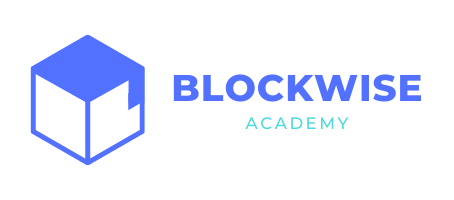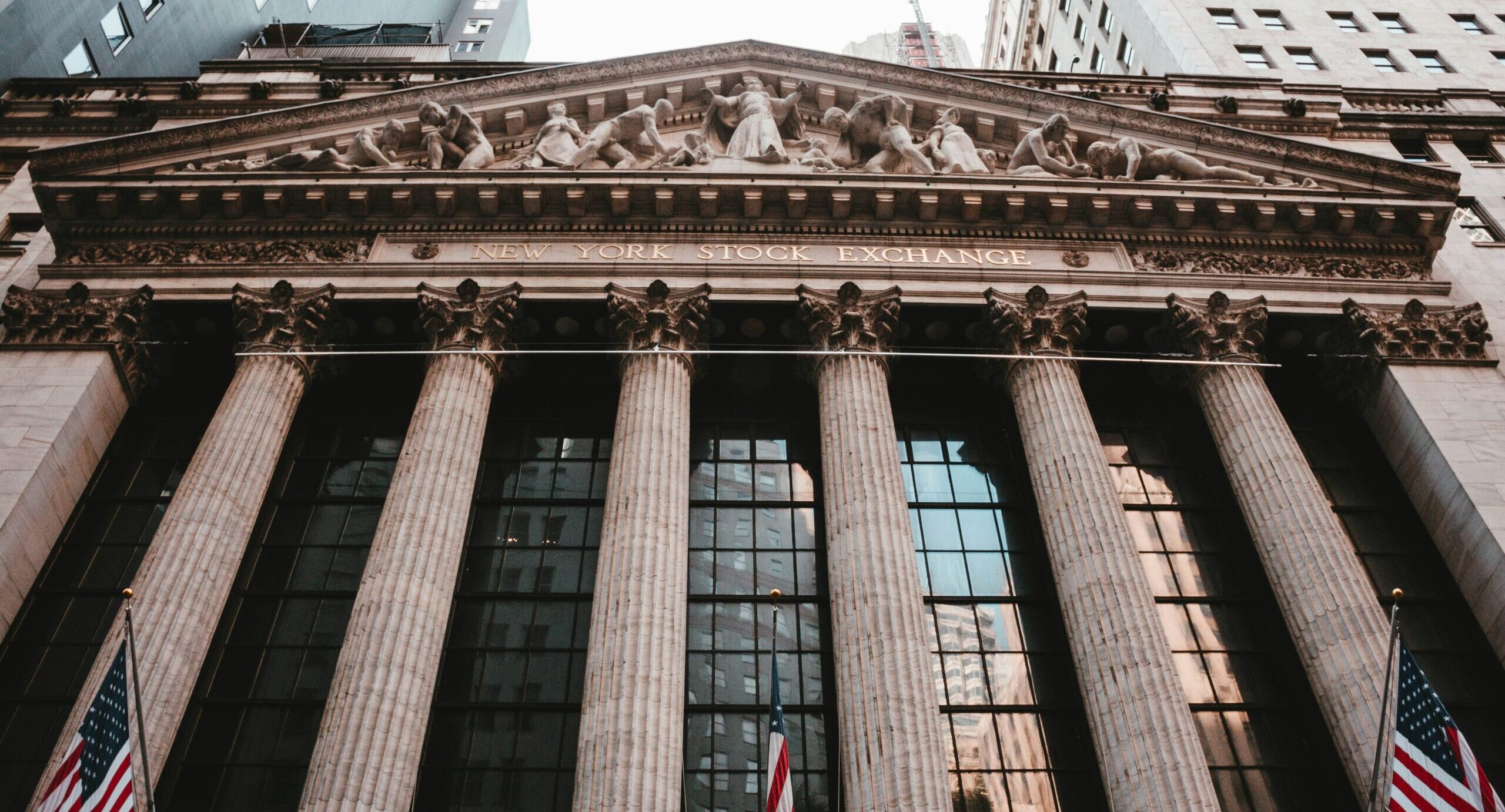BlockWise
- 23 Jan, 2024
- 0 Comments
- 2 Mins Read
Unlocking Liquidity: How Tokenization Transforms Asset Ownership with Blockchain
In the intersection of blockchain and modern finance, the emergence of tokenization stands as a noteworthy development, fundamentally altering the landscape of asset ownership. Through the integration of blockchain technology, tokenization offers unprecedented opportunities to transform illiquid assets into easily tradable digital tokens. In this article, we explore some of the implications of tokenization on asset liquidity within financial markets.

Understanding Tokenization:
Tokenization epitomizes the convergence of traditional assets with blockchain technology, unlocking a world of possibilities for investors. At its core, tokenization involves converting ownership rights to an asset into digital tokens on a blockchain network. These tokens represent fractional ownership of the underlying asset, enabling investors to participate in markets previously inaccessible due to high capital requirements.
To grasp the transformative power of tokenization, let’s examine a real-world example: the St. Regis Aspen Resort in Colorado. In 2018, the luxury hotel partnered with a blockchain firm to tokenize a portion of its real estate. By dividing the property into digital shares, investors gained fractional ownership, allowing them to profit from the hotel’s revenue without the need for large capital investments. This innovative approach democratized access to real estate investment opportunities, empowering individuals to diversify their portfolios and participate in lucrative markets.
Why Tokenization Matters:
Democratization of Investments: Tokenization dismantles the barriers to entry in traditional investment markets, ushering in a new era of inclusivity and accessibility. Consider the case of Maecenas, a blockchain platform that tokenized a piece of Andy Warhol’s artwork. By fractionalizing ownership, Maecenas democratized access to high-value art pieces, enabling art enthusiasts worldwide to invest in iconic works previously reserved for elite collectors.
Increased Liquidity: One of the most significant benefits of tokenization is its ability to inject liquidity into traditionally illiquid markets. Take, for example, the commercial real estate industry, where tokenization has revolutionized property investment. Projects like RealT tokenize residential properties, allowing investors to buy, sell, and trade shares in real-time. This newfound liquidity transforms real estate assets into liquid, tradable instruments, enhancing market efficiency and flexibility for investors.
Reduced Costs and Enhanced Transparency: Blockchain’s immutable ledger ensures transparent and secure transactions, reducing costs and instilling trust among investors. Harbor, a blockchain-based platform, exemplifies this by tokenizing real estate funds and automating compliance processes. Through blockchain technology, Harbor streamlines investor verification and eliminates intermediaries, reducing administrative burdens and costs associated with traditional investment methods.

Navigating the Tokenization Landscape:
While tokenization presents lucrative opportunities, navigating the landscape requires expertise and due diligence. Regulatory compliance, in particular, is paramount to safeguarding investments and ensuring legal certainty. Security token offerings (STOs), such as those offered by Securitize, exemplify compliance in tokenization. By adhering to regulatory frameworks, STOs provide investors with legal certainty and regulatory oversight, mitigating risks associated with tokenized assets.

Conclusion
Tokenization represents a seismic shift in asset ownership, facilitated by blockchain innovation. As this transformative technology reshapes financial markets, investors are presented with unparalleled opportunities for diversification and growth. Embracing the potential of tokenization requires a deep understanding of its intricacies and risks. By staying informed, leveraging real-world examples, and exercising due diligence, investors can navigate the evolving landscape of digital asset ownership with confidence and foresight.


